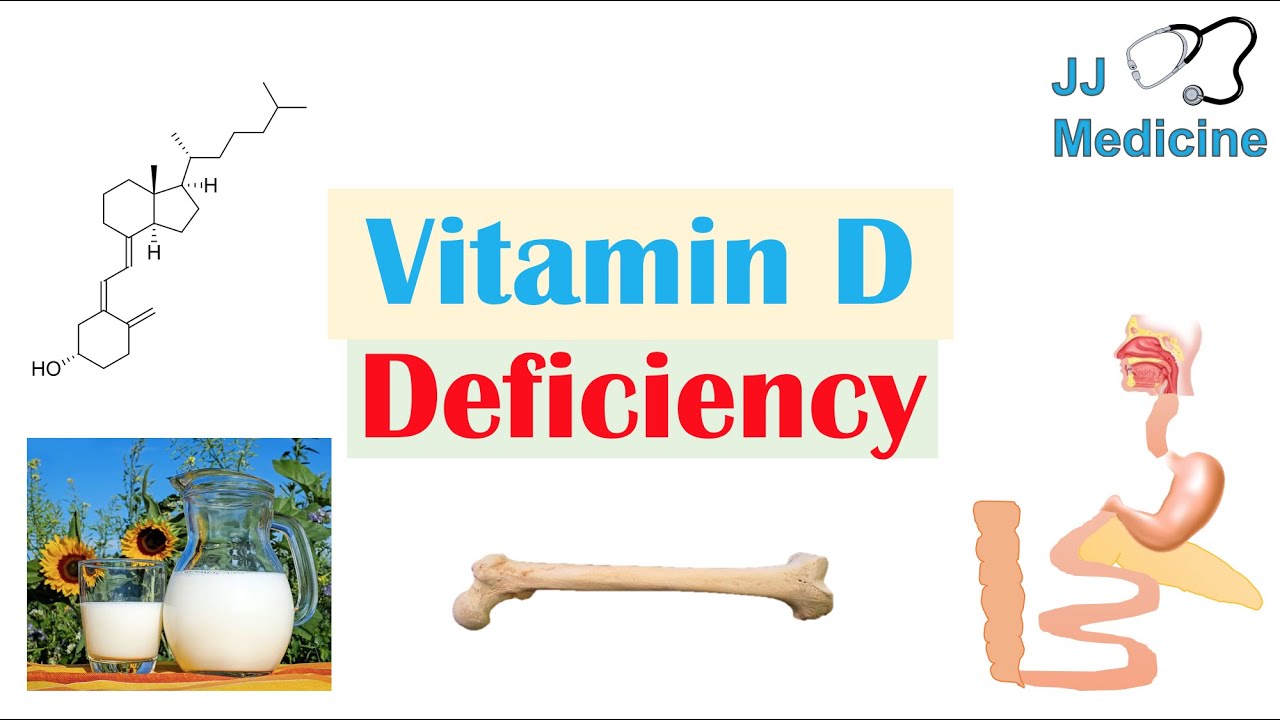Improve performance The Spanish population suffers a chronic vitamin D deficiency… elite athletes included. A study of the universities of Valladolid and the Basque Country has shown that supplementing with vitamin D athletes who have a deficit improves the profile of the blood iron, which positively influences performance.
Protective effect Maintaining high blood levels of vitamin D could have a preventive effect against breast cancer, an especially significant effect in triple negative tumors, which represent 10 to 20% of cases of breast cancer. This is confirmed by a Spanish study published in the Journal of Steroid Biochemistry and Molecular Biology.
Functions
One of the main functions of vitamin D is to help the body absorb calcium, one of the minerals essential for normal bone formation. In childhood it is used to produce and maintain the bone system.
Vitamin D also plays an indispensable role in maintaining organs. Some of the functions in which it intervenes are:
- Regulation of calcium and phosphorus levels in the blood.
- Promotes intestinal absorption of phosphorus and calcium from food and calcium reabsorption at the renal level.
- Participates in the development of the skeleton by contributioning bone formation and mineralization.
- It intervenes in the processes of the immune system.
- It could have anti-tumor properties.
- Anti-aging functions.
Deficiency
There are situations where not enough calcium is acquired with the diet leading to a Vitamin D deficiency. The consequences of this is that it increases the risk of developing rickitism, in the case of children and, osteoporosis, hypocalcaemia (low concentrations of calcium in the blood) and osteomalacia (pathology that weakens the bones), in the case of adults.
In addition, deficiency could also be linked to decreased cognitive function and the onset of chronic diseases with the most common being breast, colon, prostate and ovarian cancers, chronic fatigue, psoriasis, rheumatoid arthritis, tuberculosis, heart disease, immunological or mental diseases, such as depression and seasonal affective disorders, among others.
Finally, vitamin D deficiency can cause muscle function to become altered and misdiagnosis of pathologies such as fibromyalgia.
“In our environment it is very common to deficiency this vitamin, which is involved in bone metabolism, but is also associated with other tissues and systems”
“Poor intake of Vitamin D through diet or due to low sun exposure is linked to cancer, cardiovascular and autoimmune diseases, diabetes and depression”
Vitamin D deficiency is easily treatable by taking supplements. “Scientific evidence has shown that supplementation of this vitamin helps in the prevention of falls in the elderly.”
Risk groups
The main people at risk of deficiency are:
Over 50 years old. The ability to convert nutrients into vitamin D decreases with age. The kidneys, for example, are responsible for conversion and from that age they do not work as well as those of younger people.
Seniors.
Individuals who are obese may have less circulation of this vitamin.
Excess Vitamin D
Excess vitamin D in the body can also have negative health consequences. Too much can cause the intestine to absorb calcium that is not needed, which can cause high levels of this mineral in the blood and promote the following situations:
- Deposits of this mineral in soft tissues such as tendons, heart and lungs.
- Increased likelihood of the person suffering episodes of confusion and disorientation.
- Possibility of kidney damage.
- Increased likelihood of kidney stones.
- It could be related to the onset of gastrointestinal problems such as nausea, vomiting or constipation.
- It is believed to cause unintentional weight loss and inapetence.
Vitamin D Sources
The body produces vitamin D with direct exposure to the sun (not obtained in enclosed spaces through the windows). Exposure for 10 to 15 minutes three times a week usually meets the body’s needs for this vitamin. However, if people do not live in very sunny places they will have to resort to diet and supplements.
The main food sources where it can be found are:
- Fatty fish: they are the best option. Tuna, mackerel and salmon contain large amounts of vitamin D.
- Fish liver oils, milk, eggs and butter.
- Meats.
- Mushrooms.
- Many foods are reinforced with vitamins, such as cereals that are usually consumed at breakfast, orange juice or yogurt.
At risk
To achieve the amount of vitamin D we need, we must expose the skin to the sun 15 minutes a day without protection, but outside the central hours, and consume foods enriched in this nutrient. But there are people with type 2 diabetes, obesity or celiac, who do not synthesize the right amount and should check their levels to find out if they need a supplement.
